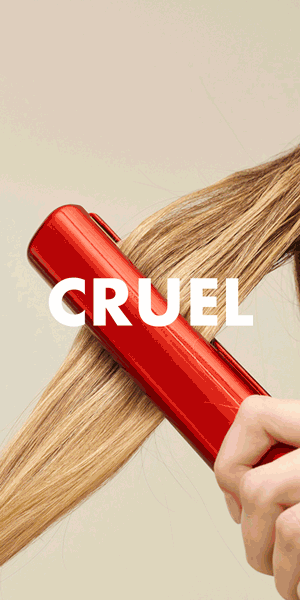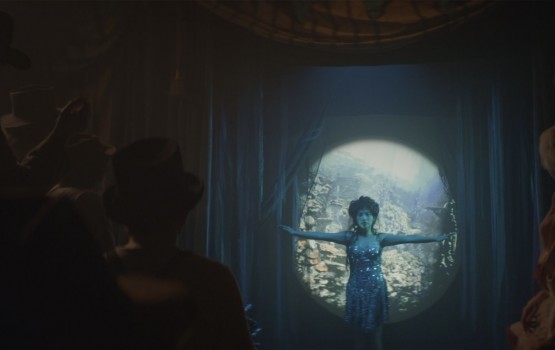Featured Image - Photo Credit: Jasmin Tarasin
We chat to Jasmin Tarasin about the short film THE STORY OF LEE PING.
What inspired you to create THE STORY OF LEE PING?
THE STORY OF LEE PING is a backstory to two characters in my upcoming feature which is based on the book, The Burial, by Courtney Collins. The short was written by John Collee. I wanted to create a world in which my feature would exist in a standalone short piece to work with my cast and production team. It really was a test run with the team and also a proof of concept to show investors, sales agents and distributors what the world and my directing style would be like in the longer film. We had the same main theme in the short, people finding their people and the freedom that comes with this. I am also drawn to the idea of telling strong stories of women of that time. There are currently unexplored true-to-life stories of strong independent women that make up our Australian history. They are untold and I am passionate about telling these stories.
What challenges did you face in creating this production?
Creating and producing a proof of concept short is actually near impossible in Australia. There are no funding streams for this type of thing and the short film funds are very few and extremely competitive. Basically, we had to beg, steal and borrow to make this. We invested ourselves and had investment from industry and supporters.
What are you hoping audiences will take away from watching this film?
Firstly, there are not a lot of stories with female protagonists set in this time in Australia. I also think the relationship between indigenous communities and the Asian communities around this time have not been explored. I think my visual style is a unique take on this time which has been described as a combination of classic Australian paintings of the time and European cinema. I think human connection set in any period, between any culture affects everyone. To be seen as your true self and what your potential can be is essential to all human relationships. Finding your tribe.
What is one piece of advice you would give to aspiring documentary filmmakers?
Do what you believe in and not what you think is best for your career.




